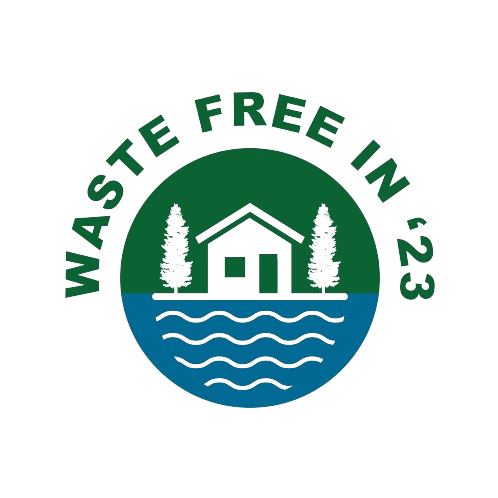Safety Considerations During Plastic Processing

Plastic waste is a global environmental issue, and recycling offers a sustainable solution. In the context of upcycling plastics, this article focuses on safety concerns during the melting process.
As Plastic Melts:
While recycling plastic is crucial for reducing environmental impact, safety precautions are essential when melting recycled plastic bags. Unlike virgin plastic bags made from specific thermoplastics like high-density polyethylene (HDPE) and low-density polyethylene (LDPE), recycled bags contain a mix of unknown substances, posing unique challenges.
Researchers at Friederike Susette Eberhard and colleagues examined recycled plastic bags with 80% unknown recycled material, primarily consisting of HDPE. The bags were melted at temperatures of 160°C, 200°C, and 250°C for 30 minutes.
They found that the melted bags emitted flammable gases, such as methane, ethylene, and alkane/alkene hydrocarbons. Aromatic and aliphatic hydrocarbons were released, with long-chain alkanes dominating the composition. Methylated compounds and small amounts of toxic phthalates were also detected.
Safety Recommendations:
- Ventilation is Key:
Ø Ensure sufficient ventilation when melting recycled plastic bags.
Ø Use well-ventilated areas, fume hoods, or exhaust fans to minimize gas exposure.
- Temperature Control:
Ø Maintain control over melting temperatures to prevent excessive gas release.
Ø Consider lower melting temperatures to reduce the overall risk and environmental impact.
- Personal Protective Equipment (PPE):
Ø Wear appropriate PPE, including gloves and respiratory protection, to minimize direct contact and inhalation of potentially harmful gases.
- Awareness of Gas Composition:
Ø Be aware of the gas composition released during the melting process.
Ø Monitor concentrations of methane, ethylene, and other flammable gases.
- Phthalate Awareness:
Ø Recognize the potential release of phthalates and take precautions to minimize exposure.
Ø Consider additional testing or purification methods to address phthalate contamination.
- Safe Melting Environment:
While upcycling plastics through melting is a promising approach, safety measures are crucial to mitigate potential risks associated with gas release. By following these safety guidelines, individuals and organizations can contribute to both environmental sustainability and personal well-being in the process of recycling and repurposing plastic bags.
